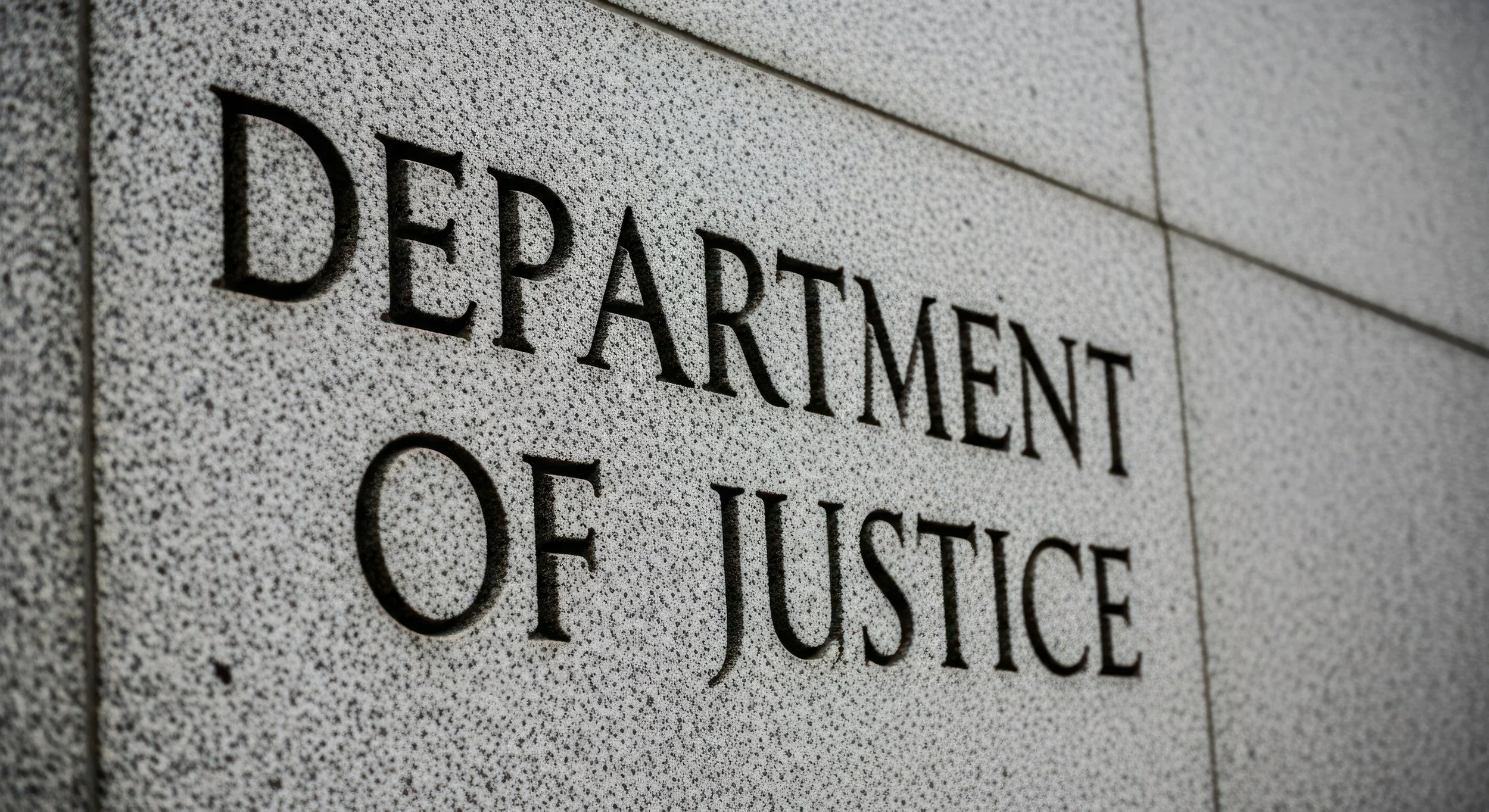An Indictment and a Pardon
The U.S. Department of Justice (DOJ) had a busy week, including issuing an indictment of former national security advisor John Bolton and commuting the sentence of former U.S. Representative George Santos.
The Bolton indictment includes eight counts of transmission of national defense information and 10 counts of retention of national defense information. The charges stem from allegations that Bolton inappropriately stored and shared classified information in the form of diary entries on and from his personal computer. Bolton has pleaded not guilty.
The Santos commutation frees the former representative from the final 84 months (out of 87) of his prison term, as well as the obligation to pay approximately $370,000 in fines and restitution. Santos previously pleaded guilty to wire fraud and aggravated identity theft after lying on financial reports and fabricating significant portions of his personal biography. Santos apologized during an interview after his release.
Analysis and eternal perspective: It is a recurring theme here at The Equipped: Nobody should be above or below the law. It is a biblical principle (See Pr. 18:17 and Deut. 1:17, pasted below), and the thrust of it was endorsed by U.S. Attorney General Pamela Bondi in the announcement of the Bolton indictment when she said: “There is one tier of justice for all Americans . . . Anyone who abuses a position of power and jeopardizes our national security will be held accountable. No one is above the law.”
Of course, it is one thing to express this principle, and another to operate by it. The DOJ has an enormous amount of responsibility—perhaps second only to the President of the United States—to ensure both sides of this equation are honored. These two stories are sure to create a whirlwind of competing opinions about whether they represent an administration or a miscarriage of justice.
As a Jesus follower, it will be difficult but important to lay aside your partisan persuasion—in either direction—and consider each of these actions on their merits. Both the indictment and the commutation are linked above, and it would be wise to read them for yourself before rendering judgment on them.
Nobody should be above the law. Nobody should be below the law.
“In a lawsuit the first to speak seems right, until someone comes forward and cross-examines” (Pr. 18:17).
“Do not show partiality in judging; hear both small and great alike” (Deut. 1:17).
The following article originally appeared in Thann’s “The Equipped” Weekly Newsletter. For more information on Thann’s weekly email, click here.

